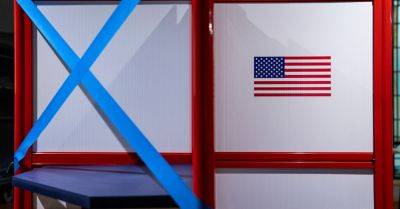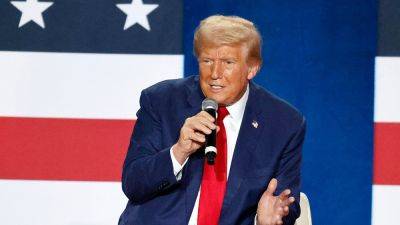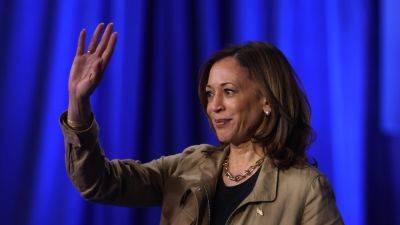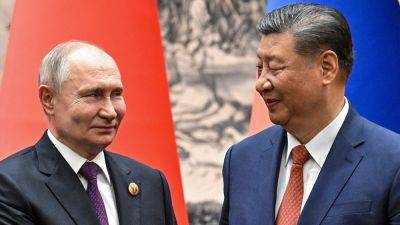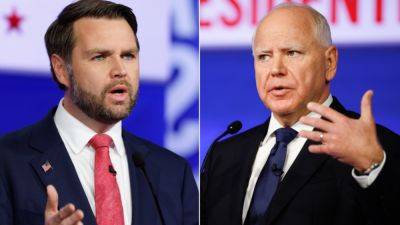Iran Crisis Ignites New Debate About Trump’s Nuclear Deal Exit
With Israel preparing to respond to the ballistic missile attack by Iran last week, Biden administration officials are more worried than ever that the United States could be dragged into an all-out war between the two countries.
It is among the most explosive moments for Iran and the United States since Iran’s 1979 Islamic Revolution. And it has opened a debate about whether the crisis might be less combustible had U.S. policy toward Iran not veered from cautious cooperation to angry confrontation several years ago.
That shift happened in May 2018, when President Donald J. Trump abruptly withdrew from the Iran nuclear deal, an agreement clinched by the Obama administration three years earlier in an effort to contain the country’s nuclear program.
Mr. Trump had labeled it “the worst deal in history.” But critics of his action say that withdrawing emboldened Iranian hard-liners and prompted Iran to accelerate its nuclear program. Iran’s progress has alarmed some Israeli officials, who argue that their military should use the current moment to hobble the program by striking nuclear facilities in the country.
U.S. officials estimate that Iran could be within weeks of possessing enough homespun nuclear material for a nuclear bomb, although they believe constructing a usable device could take six months or more.
“I think it’s obvious that the decision to withdraw from the nuclear deal, which Iran was complying with, both removed the guardrails on Iran’s nuclear program and removed any incentive for Iran to move in any direction other than a more confrontational, harder line,” said Benjamin J. Rhodes, a deputy national security adviser in the Obama administration who played a major role in promoting the agreement.


